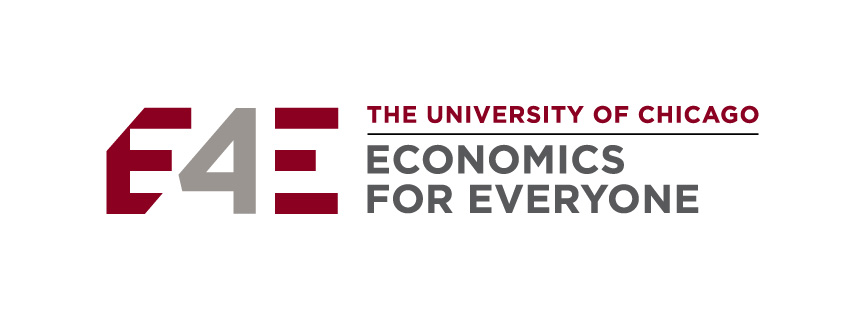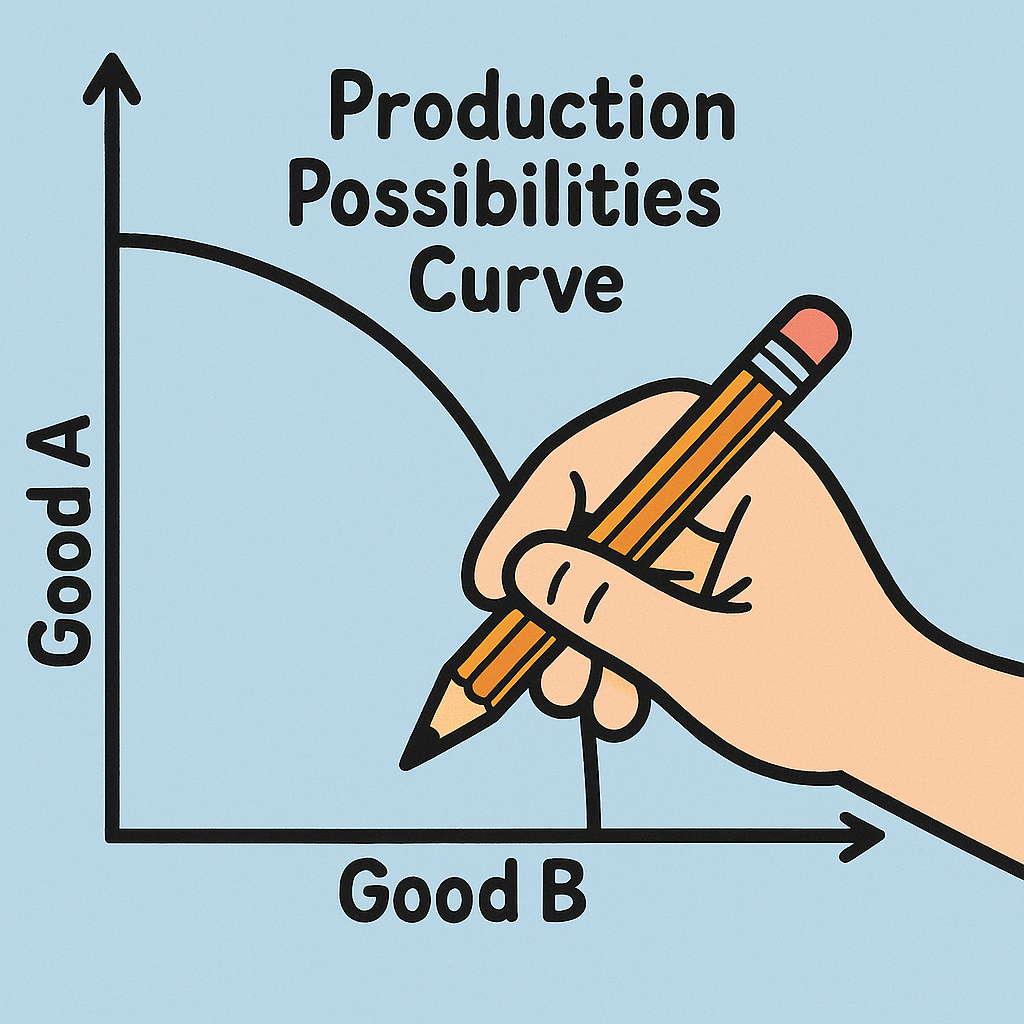
Grades 6-8

Don't have an account yet? Sign up for free
Don't have an account yet? Sign up for free
tSudents will be able to:

In this lesson from the Ethics, Economics, and Social Issues curriculum, students evaluate income inequality in the United States and play a short board game to understand the difficulties of tackling this issue.
Equality is a difficult concept to adequately express in clear terms. While the difference between equality of opportunity and equality of outcomes is somewhat straightforward in the framework of economic goals, many times students want to use the word “equal” as a synonym for “fair.” Fair is a word that is very troublesome in economics because of its subjectivity. Equality is intrinsically linked with many topics covered in an economics course including allocation strategies, public goods, taxation policies, and income. Of course, whenever equality is a topic of concern, inequality is as well.
The focus of this lesson is on income inequality in the United States specifically. Income inequality is the extent to which income is distributed in a population unevenly, which has an impact on standard of living, policies for redistribution of income, and abilities to save, invest, and create wealth. This lesson is primarily concerned with helping students to understand the fact that income inequality exists, there are varying perspectives on how to deal with it, and that completely eradicating it is perhaps not possible.
The ethics of income inequality involves a discussion about positive and normative statements. The fact that income inequality exists is a positive statement that can be empirically demonstrated. To say income inequality is unethical is a normative statement because it implies that there is a way things “should” be done. Social norms, politics, and personal preferences for economic and social goals all play a role in deciding that question. The fact that income inequality is a global phenomenon presents an interesting aspect of the ethical discussion because it suggests the possibility that some inequality is inevitable, especially in economic systems that do not prioritize equality. If that is true, a deeper ethical quandary is how much is acceptable. An outcome-based ethical model would suggest that the “right” action is one that is the most beneficial for the most people. But is having equal income the most beneficial outcome? Keeping ethics in mind as you teach this lesson will help students understand the complexity of this topic.

Grades 6-8

Grades 9-12

Grades 9-12

Grades K-2, 3-5
